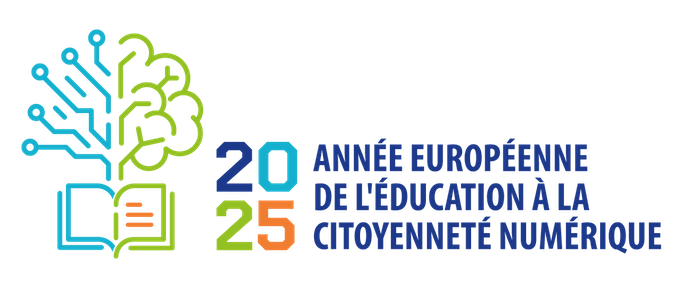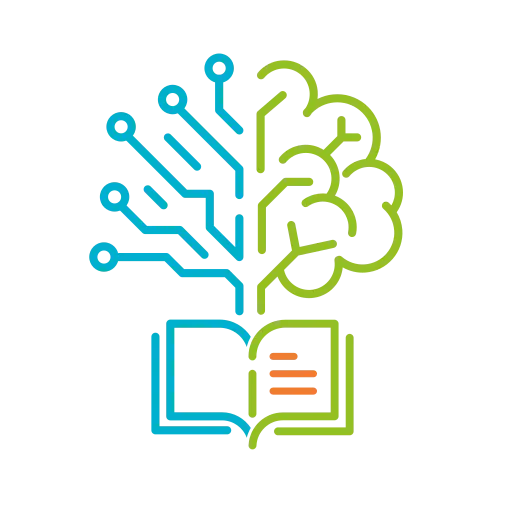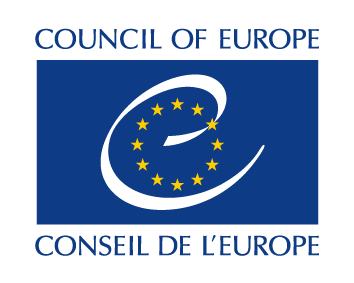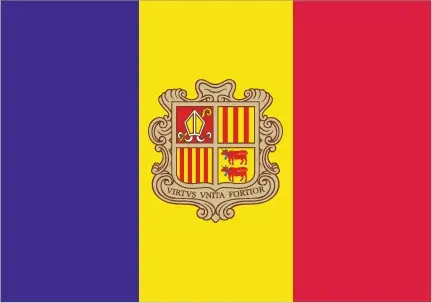Training on DCE to teachers and other professionals:
According to the national authorities responding to the online survey, they plan to implement a new training program in digital competencies for teachers during 2025, which will include aspects of DCE.
Translation and dissemination of DCE Recommendation:
According to the national authorities responding to the online survey, in the various meetings of the education steering committees, the reflections from the DCE Promoters group are conveyed to the policy makers of each department, who in turn disseminate them among the different stakeholders of the educational community.



